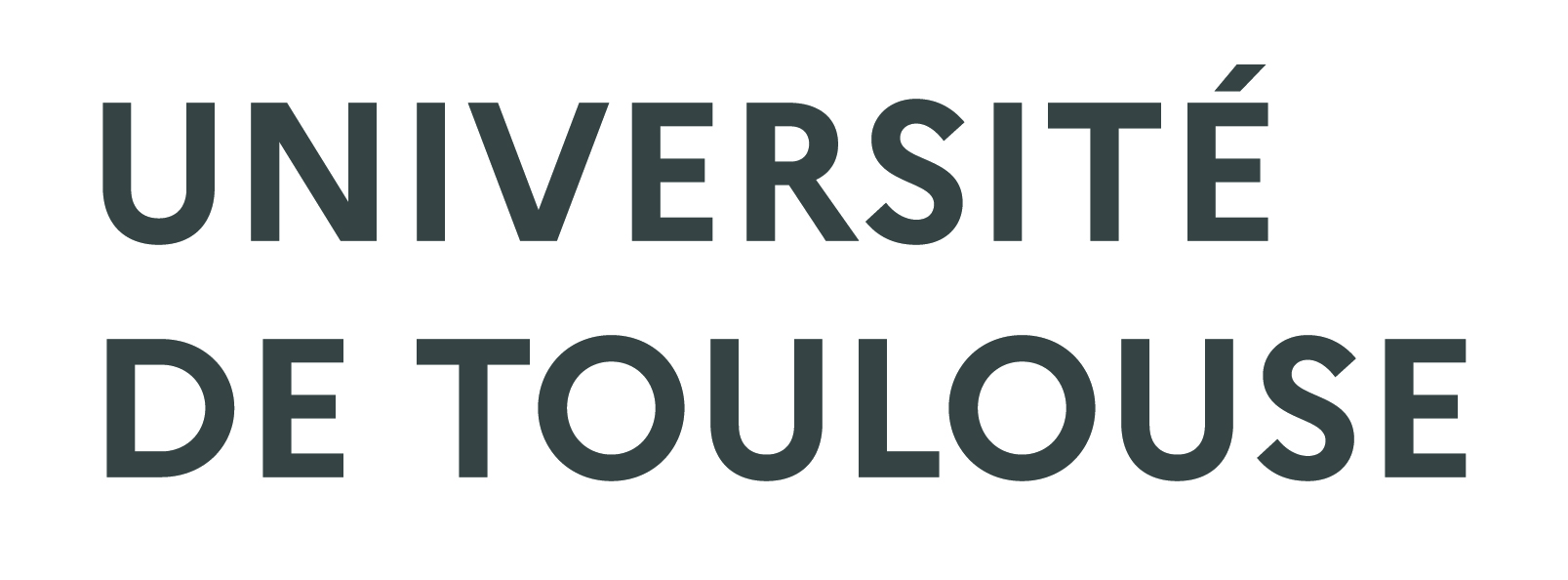Sex hormone regulation of innate lymphoid cells
Résumé
Innate lymphoid cell (ILC) subsets at barrier surfaces contribute to maintain tissue homeostasis and appropriate responses to infection. ILCs respond to environmental factors produced by non-hematopoietic cells within tissues, but also circulating cytokines or dietary compounds which allow them to adapt to organ milieu. Among these extrinsic signals, evidence is emerging that sex steroid hormones may act in a cell-intrinsic manner to regulate the development, maintenance in tissues and effector functions of specific subsets of ILCs. Understanding the nature and molecular mechanisms of sex steroid hormone actions on ILCs is important to unravel the cause of sexual disparity in human diseases and could lead to new drug development for the treatment of chronic inflammatory diseases or cancers. This review discusses the recent development in our understanding of the cell-intrinsic actions of sex steroid hormones on ILCs and their consequences on tissue-specific immunity with a particular focus on group 2 innate lymphoid cells and NK cells.
| Origine | Fichiers produits par l'(les) auteur(s) |
|---|




